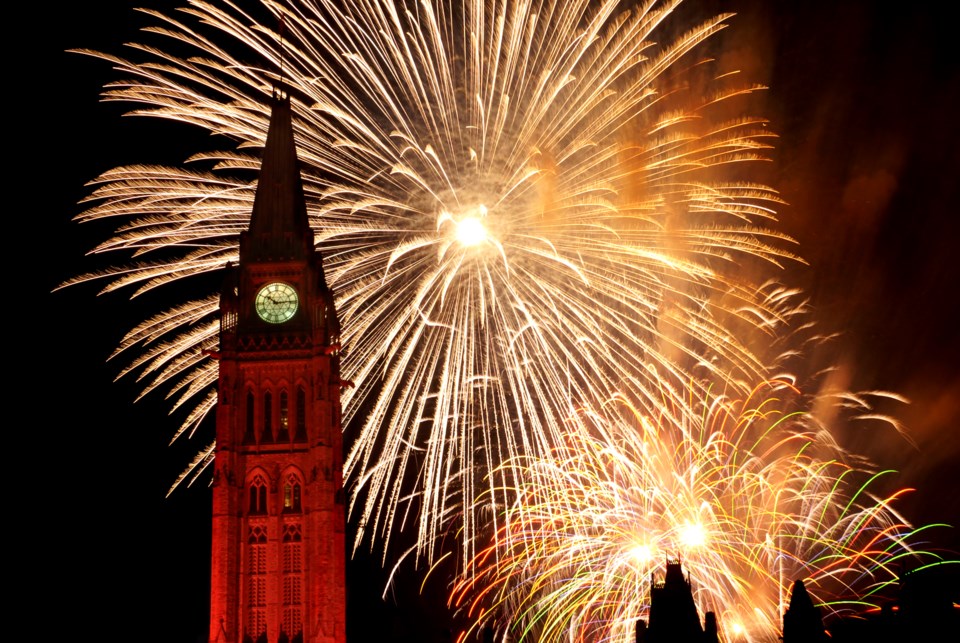NOVEMBER 08, 1946
Viola Desmond is dragged out of Nova Scotia movie theatre and charged by police after she refuses to move from the main floor of the theatre to the balcony, where Black patrons were segregated. Her decision to fight her charges raises awareness of the racism experienced by Black Canadians. The Nova Scotia government posthumously pardons her in 2010.
JANUARY 01, 1947
Canadian Citizenship Act and repeal of Chinese Immigration Act
Changes to federal legislation allow Chinese and South Asian and Canadians to vote. However, it isn’t until 1951 that the final restrictions are lifted in provincial elections Canada-wide.
FEBRUARY 13, 1947
Vern "Dry Hole" Hunter struck oil near Leduc, Alta. The discovery ended a long decline in the Alberta oil industry, began an era of prosperity for the province and spared Canada dependence on foreign oil.
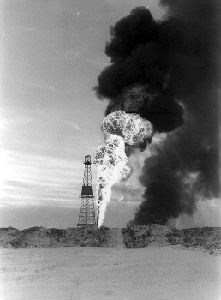
JULY 22, 1947
Canada's First Nuclear Reactors - The NRX reactor, the ancestor of Canada's unique CANDU reactors, "went critical" at Chalk River, Ont. The NRX was based on Canada's first nuclear reactor, ZEEP (1 watt of power), which was built at Chalk River in 1945.
JANUARY 01, 1948
Amendments to Dominion Elections Act: Race is no longer grounds for exclusion from voting in federal elections. However, Status Indians still have to give up their Status in order to vote.
JANUARY 01, 1949
First Nations Win Right to Vote Provincially: Except in Nova Scotia and Newfoundland, Status Indians had been barred from voting provincially. Beginning with British Columbia in 1949 and ending with Quebec in 1969, First Nations peoples gradually win the right to vote in provincial elections without losing status or treaty rights.
The last restriction on Japanese Canadians’ voting rights is lifted when British Columbia grants them the right to vote in provincial elections.
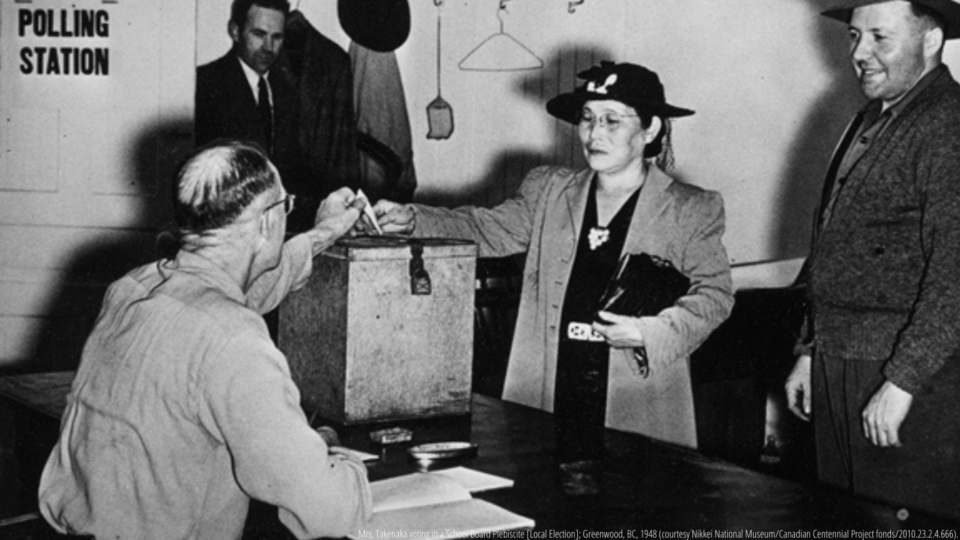
MARCH 31, 1949
Newfoundland entered the Dominion of Canada as the 10th province through an Act of Westminster. The first session of the legislature was held at St. John's on 13 July.
APRIL 04, 1949
Canada, along with 11 other countries, signed the North Atlantic Treaty in Washington, DC. The NATO treaty marked a new era of ties with the United States and of distance from Great Britain and spelled out the importance of economic collaboration.
JANUARY 01, 1950
Inuit are granted the right to vote in federal elections, but the isolation of several communities means many cannot access polling stations. Later reforms increase access to ballot boxes.
OCTOBER 31, 1950
The 1770 km oil pipeline from Edmonton to the Great Lakes was completed, linking Canada's gas fields with the markets of central Canada. In 1958 Alberta gas finally reached Toronto and imports of Texas gas ended.
First Nations Women Granted Right to Vote in Band Council Elections
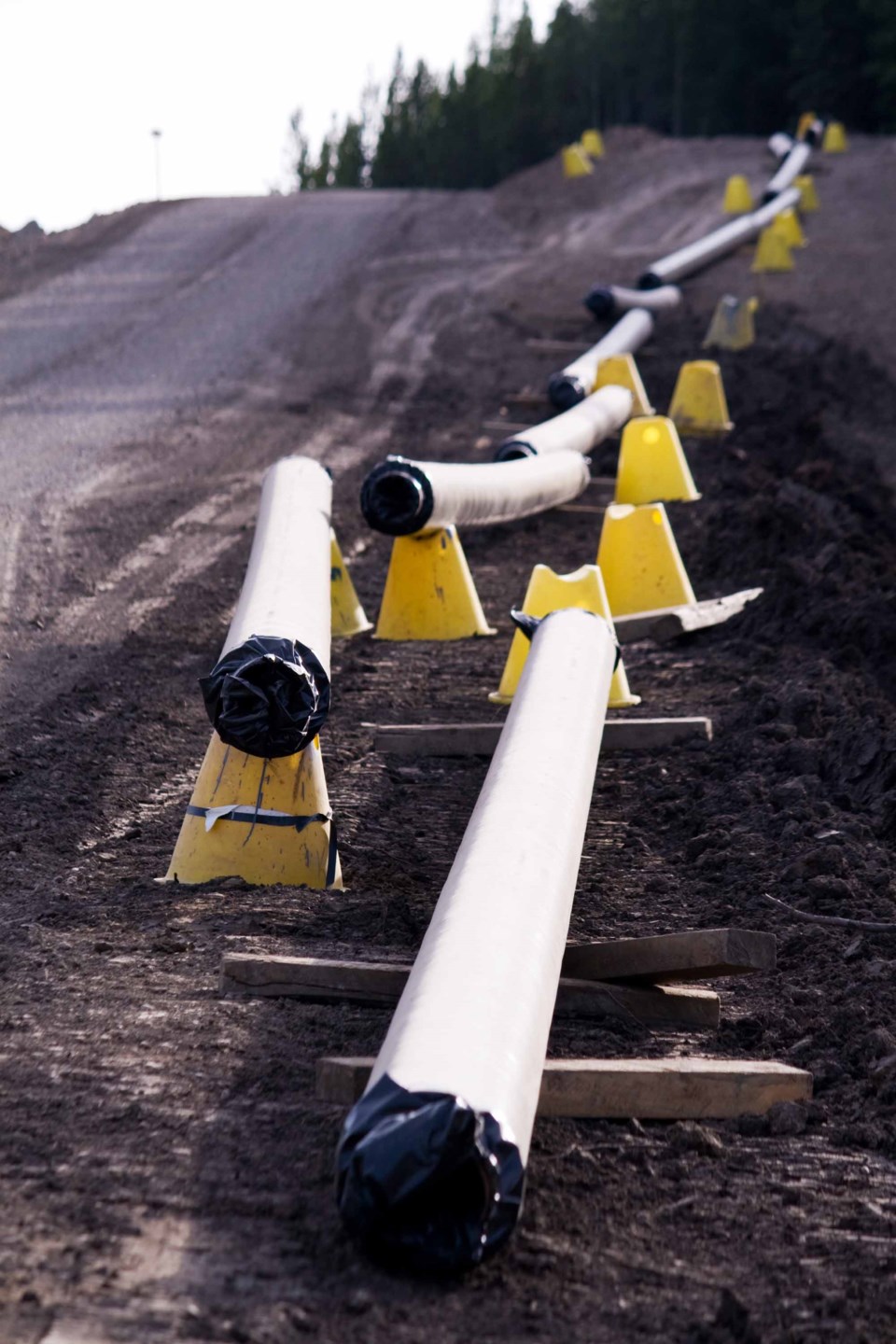
JUNE 01, 1951
The report of the Massey Commission was tabled in the House of Commons; among its recommendations was the creation of the Canada Council.
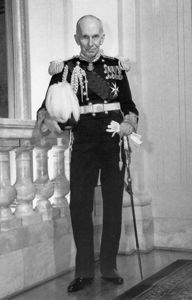
JANUARY 01, 1955
Glenn Gould made his Washington and New York debuts. He made his first recording of the Bach Goldberg Variations later that year (released 1956), one of the most famous recordings of the century.

NOVEMBER 04, 1956
L.B. Pearson and his colleagues at the United Nations won General Assembly support for an international force to secure the cessation of hostilities in the Suez Canal crisis in Egypt. Canadian General E.L.M. Burns was named commander of the UN Emergency Force. This establishes Canada’s reputation as a peacekeeping nation and earns Pearson a Nobel Peace Prize.
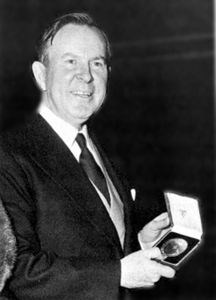
APRIL 01, 1959
The St Lawrence Seaway was opened to commercial shipping. Queen Elizabeth II and President Eisenhower dedicated it on June 26. The Seaway provided transportation for ocean going vessels from Lake Superior to Montréal.
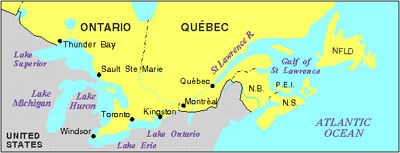
JUNE 22, 1960
Liberals Win Québec
The Liberals under Jean Lesage won the Québec provincial election, finally breaking the hold of the Union Nationale, and signalling a time for change and reform that has become known as the Quiet Revolution. Lesage was sworn in as premier on 5 Jul.
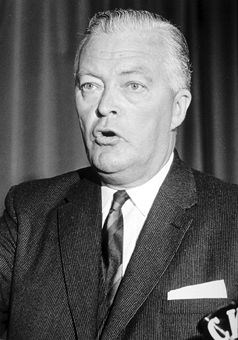
JULY 01, 1960
First Nations peoples receive the right to vote in federal elections while retaining their status and treaty rights. However, they are still excluded from voting in some provinces.
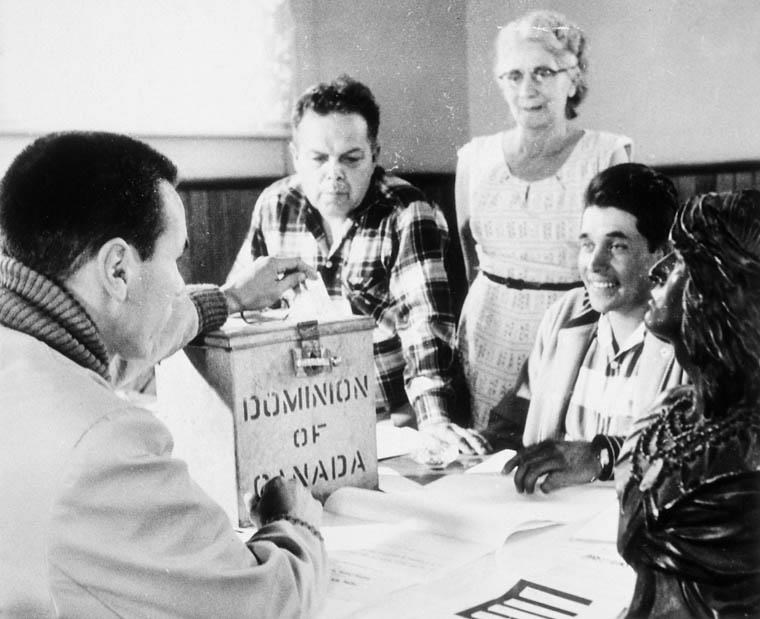
https://www.thecanadianencyclopedia.ca/en/timeline/100-great-events-in-canadian-history
